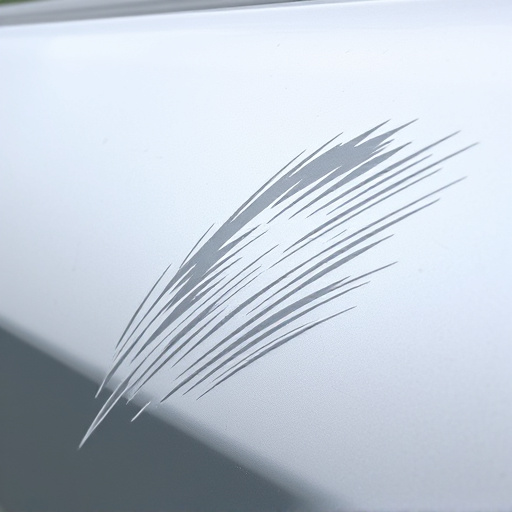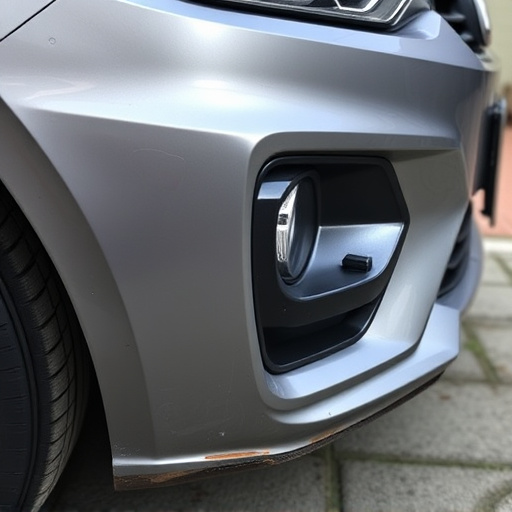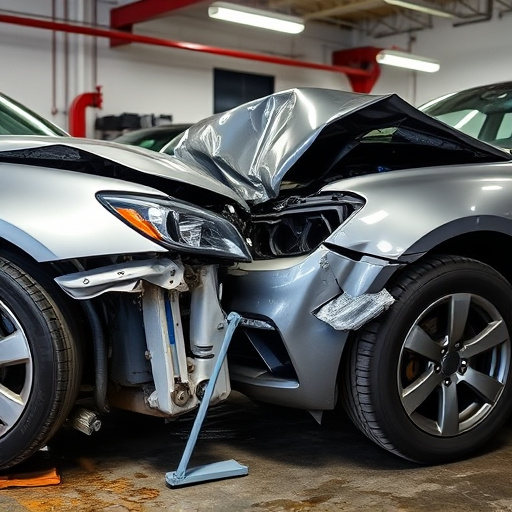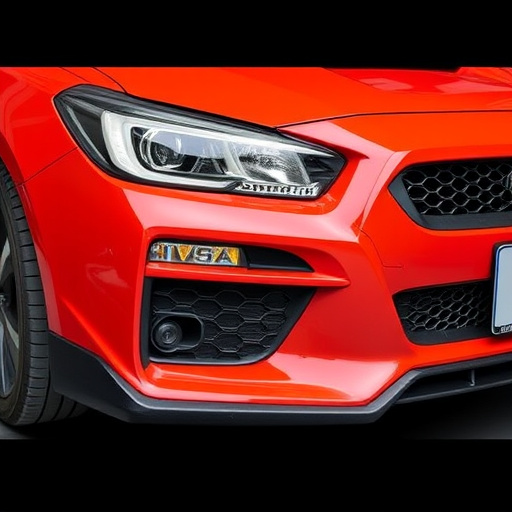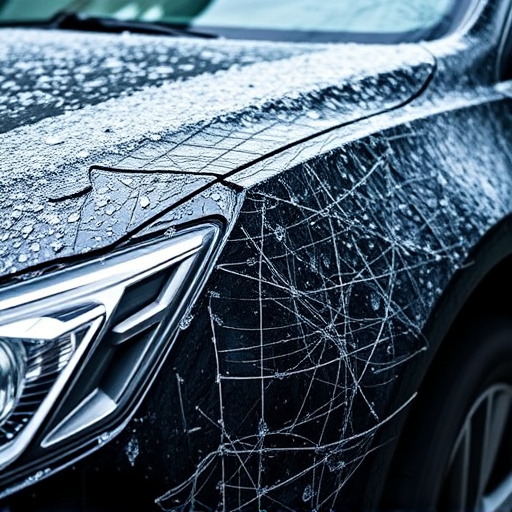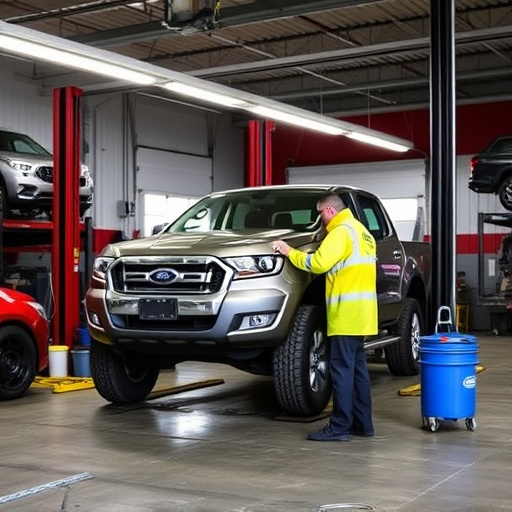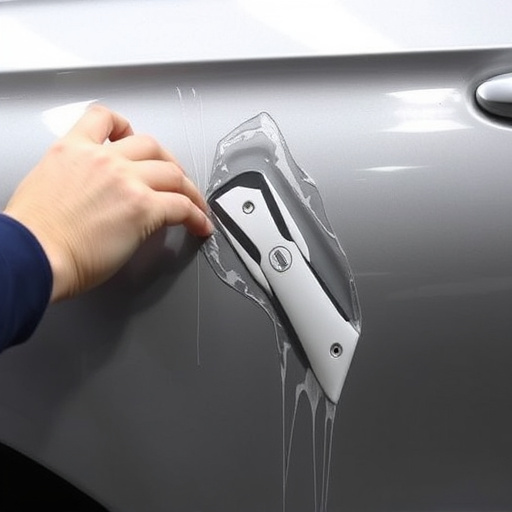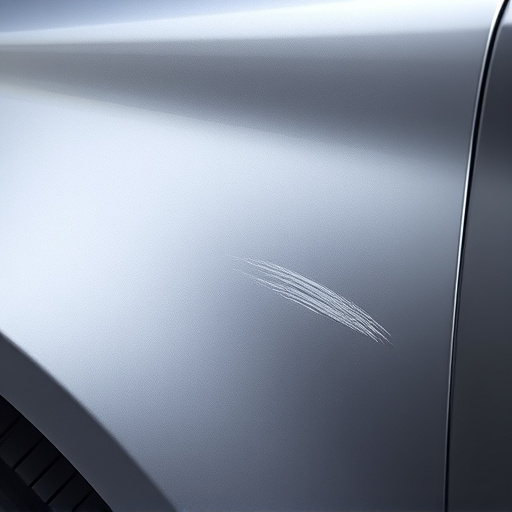Choosing between OEM and aftermarket grilles for a Mercedes involves balancing quality, cost, and fit. OEM grilles offer superior quality, precision fitting, and potential resale value benefits but are more expensive. Aftermarket grilles provide variety, affordability, and easier installation but may require modifications for a perfect fit and vary in quality. Assess your needs, budget, and preferences to make an informed decision when selecting a Mercedes grille replacement.
When it comes to replacing your Mercedes grille, understanding the options is key. This guide breaks down the choice between OEM (Original Equipment Manufacturer) and aftermarket grille replacements for your Mercedes vehicle. We’ll explore the nuances of each, considering factors like quality, price, compatibility, and warranty. By the end, you’ll be equipped to make an informed decision, ensuring a seamless upgrade for your Mercedes.
- Understanding OEM and Aftermarket Grilles
- Factors to Consider When Choosing
- Benefits and Drawbacks of Each Option
Understanding OEM and Aftermarket Grilles

When considering a Mercedes grille replacement, understanding the difference between Original Equipment Manufacturer (OEM) and aftermarket options is crucial. OEM grilles are precisely designed and engineered by Mercedes-Benz to fit your specific vehicle model, ensuring a seamless, factory-like fit. These replacements are often preferred for their superior quality and aesthetic alignment with the car’s overall design. Aftermarket grilles, on the other hand, are generic designs produced by third-party manufacturers. While they can offer more variety in terms of style and price, aftermarket options might not perfectly match your vehicle’s specifications, potentially leading to issues with fit or finish.
Each option has its pros and cons. For those seeking a tailored, high-quality grille that complements their Mercedes’ original aesthetics, OEM replacements are ideal. However, aftermarket grilles can be a cost-effective choice for drivers who prioritize diverse style options without breaking the bank. Remember, when it comes to Mercedes grille replacement, selecting the right option depends on individual preferences, budget, and the desired level of precision and customization.
Factors to Consider When Choosing

When considering a Mercedes grille replacement, several factors come into play. Firstly, assess the condition of your existing grille and identify whether it needs complete replacement or merely repairs. Many drivers opt for aftermarket replacements due to their affordability and availability, especially when dealing with minor damages. However, OEM (Original Equipment Manufacturer) parts offer superior quality and precision fitting, ensuring a seamless integration with your vehicle’s design. Aftermarket options might require additional modifications for a perfect fit.
Additionally, factor in the reputation of the supplier or manufacturer. Reputable auto parts stores and collision centers providing services like auto glass repair or fleet repair solutions are more likely to offer genuine OEM parts or carefully vetted aftermarket alternatives. Checking reviews and warranties can ensure you’re making an informed decision. Consider also the impact on your vehicle’s resale value, as OE parts may retain their worth better.
Benefits and Drawbacks of Each Option

Choosing between OEM (Original Equipment Manufacturer) and aftermarket Mercedes grille replacements involves weighing the pros and cons of each option. OEM grilles offer several benefits, including precise fitment that aligns perfectly with your vehicle’s design. They are also made from high-quality materials designed to withstand the rigors of daily driving, ensuring a longer lifespan and maintaining the car’s original aesthetic. Additionally, OE parts often come with warranties, providing peace of mind for the buyer.
However, aftermarket grilles can be more affordable, offering a cost-effective solution for those looking to enhance their Mercedes’ appearance without breaking the bank. They provide a wider range of styles and designs, allowing personalization to suit individual tastes. Aftermarket parts also tend to be easier to install, as they often come with detailed instructions and may not require professional vehicle dent repair or extensive auto body work. Nevertheless, quality can vary widely, and some aftermarket grilles might not match the durability or aesthetics of OEM counterparts, requiring more frequent replacement down the line, which could ultimately impact long-term costs in the form of vehicle body repair.
When it comes to selecting a Mercedes grille replacement, whether OEM or aftermarket, understanding your needs and priorities is key. Both options offer distinct advantages and considerations. OEM grilles ensure precision fitting and genuine quality, reflecting the brand’s standards. Aftermarket alternatives provide a wider range of styles, prices, and customization, catering to unique preferences. Ultimately, the choice depends on personal preference, budget, and the desired level of customization for your Mercedes vehicle.


